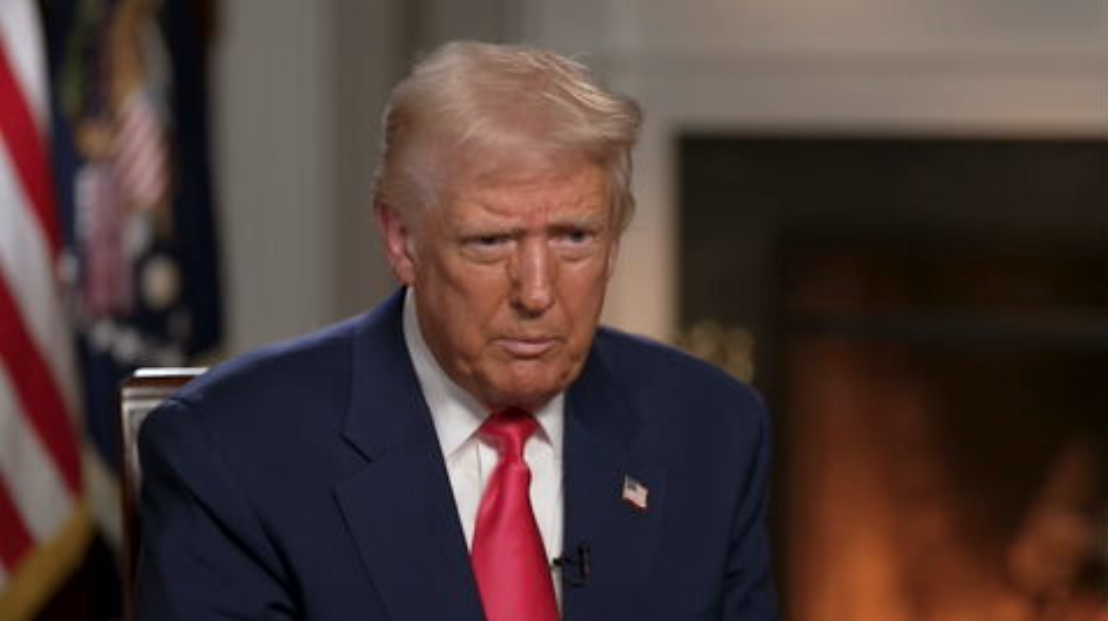Trump’s Tariff Strategies: A Look at Economic Implications
WEST PALM BEACH, Fla. (AP) — In a recent interview, President Donald Trump addressed the ongoing uncertainty surrounding his planned tariffs on a variety of American trading partners, directly responding to concerns about potential economic repercussions, including increased prices and hints of a possible recession.
Implementation of Reciprocal Tariffs
Trump confirmed that his initiative for broader “reciprocal” tariffs is set to commence on April 2, which would involve raising tariffs to match the rates imposed by other nations. “April 2nd, it becomes all reciprocal,” he stated during an interview with Fox News Channel’s “Sunday Morning Futures.” He emphasized that the U.S. would charge countries the same tariffs they impose on American goods.
Market Reactions and Economic Forecasts
Despite valid questions regarding the potential for an economic downturn, Trump indicated that he remains optimistic about the long-term benefits of his tariff strategy. He acknowledged the Atlanta Federal Reserve’s warning of an economic contraction in the first quarter of the year, admitting that these policies might impact U.S. growth but insisting it will ultimately turn out “great for us.” In response to speculation about an economic recession in 2025, Trump hesitated to predict and described the situation as a transition period essential for “bringing wealth back to America.”
Business Concerns and Market Volatility
The announcement of tariffs has not been without its challenges. Recently, Wall Street experienced significant volatility influenced by fears surrounding the economy and uncertainty related to Trump’s tariff proposals. Business leaders have expressed a desire for greater market stability to inform their investment decisions. However, Trump dismissed these concerns, arguing that for years, “globalists have been ripping off the United States,” and asserted that his new approach aims to rectify that imbalance.
Upcoming Tariff Changes
In the face of fluctuating market conditions, Trump has made some adjustments regarding specific tariffs. Notably, he recently lifted tariffs on American car manufacturers concerning Mexico and Canada but has maintained existing tariffs on goods imported from China. The administration is preparing to implement further tariffs this week; Commerce Secretary Howard Lutnick announced that 25% tariffs on steel and aluminum imports will take effect on Wednesday, while those on Canadian dairy and lumber will follow in April.
Projected Outcomes
Lutnick acknowledged potential market distortions resulting from these tariffs, suggesting that while foreign goods might rise in cost, American products could become more affordable, benefitting domestic consumers. “Will there be distortions? Of course,” he said. “But American goods are going to get cheaper, and you’re going to be helping Americans by buying American.”
As Trump prepares to advance his tariff strategies, the situation remains fluid, and the business community is keenly watching for any developments that could influence economic stability.

